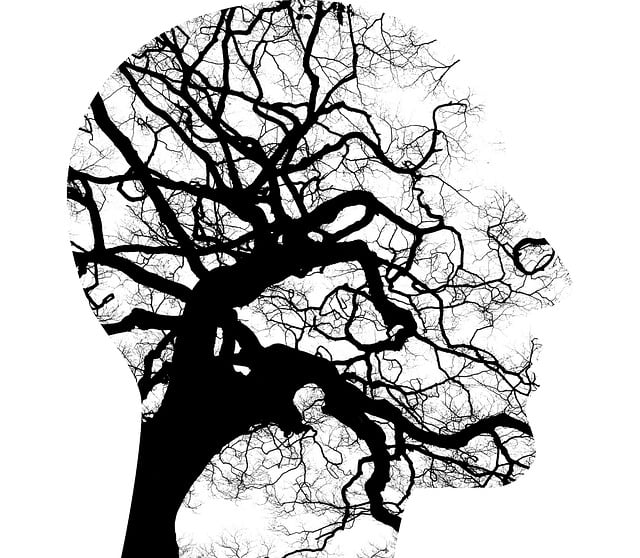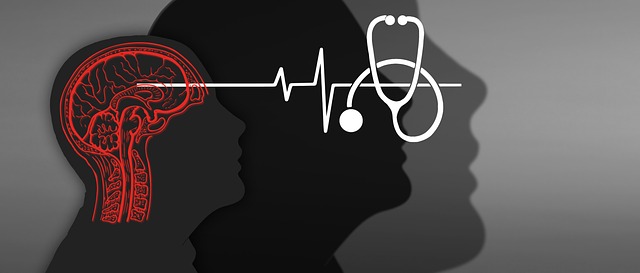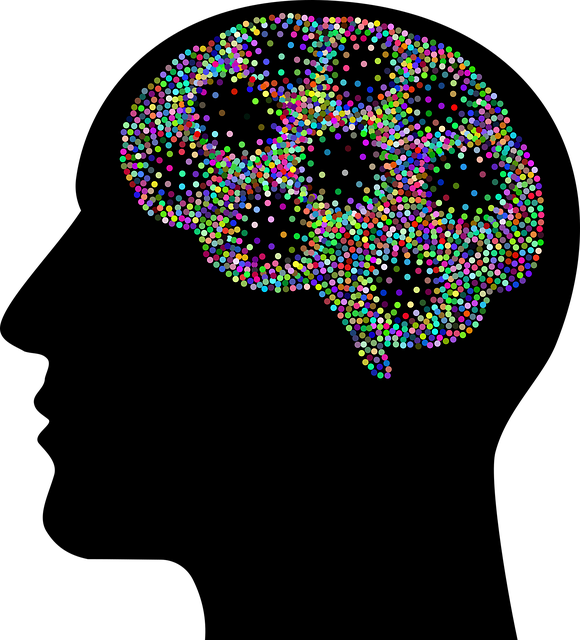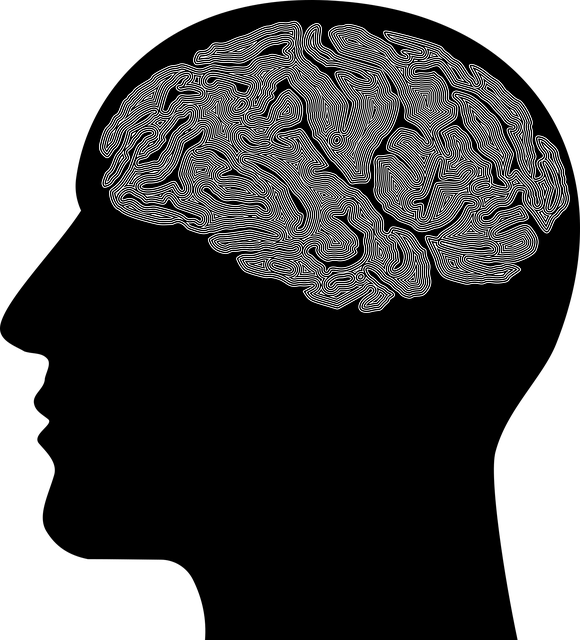Englewood American Sign Language Therapy (EASLT) emphasizes culturally sensitive mental healthcare, addressing barriers for deaf or hard-of-hearing individuals. By integrating ASL and Mind Over Matter Principles, EASLT provides inclusive services like Mental Wellness Journaling and Crisis Intervention Guidance in ASL. They educate therapists on cultural competence, bias recognition, and tailored interventions to foster open dialogue and positive outcomes for diverse clients. This holistic approach revolutionizes mental health care, empowering communities with unique linguistic and cultural perspectives.
Cultural sensitivity is an essential aspect of mental healthcare, ensuring effective treatment for a diverse range of patients. This article explores the intricate relationship between cultural diversity and mental wellness, highlighting the unique benefits of Englewood American Sign Language (ASL) therapy in breaking down barriers. We delve into the challenges faced by caregivers, offering strategies to enhance cultural competence. By examining ASL’s role, we demonstrate how such inclusive practices not only improve access but also revolutionize support for hard-to-reach communities.
- Understanding Cultural Diversity in Mental Healthcare
- The Role of Englewood American Sign Language Therapy
- Barriers and Challenges in Culturally Sensitive Practice
- Strategies for Enhancing Cultural Competence
- Benefits of Incorporating ASL in Mental Health Support
Understanding Cultural Diversity in Mental Healthcare

In the diverse landscape of mental healthcare, understanding cultural diversity is paramount to delivering effective and sensitive support. Englewood American Sign Language Therapy exemplifies this need for cultural sensitivity, as it recognizes that individuals from various ethnic, racial, and linguistic backgrounds may have unique communication preferences and challenges. Mental health professionals must be adept at navigating these differences to provide inclusive care.
Cultural competence involves recognizing and respecting diverse belief systems, values, and practices related to mental wellness. This includes understanding the role of cultural context in shaping perceptions of illness, coping strategies, and help-seeking behaviors. For example, a client’s experience with depression prevention or stress management techniques might differ significantly based on their cultural background, requiring professionals to adapt assessment methods and interventions accordingly. Moreover, conducting thorough risk assessments for mental health professionals that account for cultural factors can foster safer, more supportive clinical environments.
The Role of Englewood American Sign Language Therapy

Englewood American Sign Language Therapy (EASLT) plays a pivotal role in bridging the communication gap between hearing and deaf or hard-of-hearing individuals, fostering cultural sensitivity within mental healthcare. By employing the Mind Over Matter Principles, EASLT ensures that therapeutic practices are inclusive and accessible to all. This is particularly crucial when addressing mental wellness, as language barriers can significantly impact a client’s ability to express their feelings and receive appropriate Trauma Support Services.
The therapy doesn’t just focus on sign language translation; it empowers clients through Mental Wellness Journaling Exercise Guidance, encouraging them to document their thoughts and experiences. This process not only enhances self-awareness but also creates a safe space for individuals who may have struggled to express themselves in traditional talk therapy settings. EASLT’s holistic approach ensures that cultural sensitivity is at the core of mental healthcare, making services more effective and supportive.
Barriers and Challenges in Culturally Sensitive Practice

In the pursuit of culturally sensitive mental healthcare practices, numerous barriers and challenges emerge, often stemming from deeply rooted social and historical factors. One prominent obstacle is the lack of diversity among healthcare providers. This disparity can lead to a disconnect between therapists and clients from different cultural backgrounds, hindering open communication and understanding. For instance, consider the case of Englewood, where American Sign Language (ASL) therapy services are crucial for the deaf community but may be limited in availability or accessibility.
Additionally, cultural norms and beliefs often influence individuals’ perceptions of mental health and seeking help. Stigma associated with mental illness varies across cultures, affecting help-seeking behaviors. Some communities might prefer traditional healing practices over Western psychological therapies, creating a challenge for healthcare providers to integrate these beliefs while delivering effective treatment. Moreover, language barriers pose significant obstacles during therapy sessions, requiring additional resources and training for practitioners to ensure inclusive care. These challenges underscore the need for tailored interventions, such as emotional well-being promotion techniques, self-esteem improvement programs, or stress management workshops organized with cultural sensitivity in mind.
Strategies for Enhancing Cultural Competence

Incorporating cultural sensitivity into mental healthcare practice involves a multi-faceted approach that begins with education and extends to direct client interaction. At Englewood American Sign Language Therapy, we recognize the importance of understanding diverse cultural backgrounds and beliefs to deliver effective care. This starts with self-awareness exercises for therapists, encouraging them to reflect on their own biases and assumptions. By enhancing their cultural competence, therapists can better navigate conversations about sensitive topics like identity, family dynamics, and communication styles.
Additionally, incorporating techniques such as Stress Reduction Methods and Self-Awareness Exercises can create a safe and supportive environment for clients from various cultures. Encouraging open dialogue and actively listening to clients’ perspectives fosters trust. Furthermore, integrating activities that promote Self-Esteem Improvement can empower individuals to embrace their cultural identities, leading to more positive outcomes in therapy.
Benefits of Incorporating ASL in Mental Health Support

Incorporating American Sign Language (ASL) into mental health support offers significant benefits, especially for communities where hearing impairment is prevalent. Englewood American Sign Language Therapy plays a pivotal role in enhancing accessibility and inclusivity within the mental healthcare system. By providing Crisis Intervention Guidance through ASL, therapists can communicate effectively with deaf or hard-of-hearing individuals, ensuring they receive the same level of care as their hearing counterparts. This approach not only addresses the mental illness stigma reduction efforts but also empowers individuals to express their feelings and seek help without barriers.
Furthermore, ASL therapy fosters positive thinking and emotional well-being by enabling non-verbal users to convey complex thoughts and emotions. It allows for a more nuanced understanding of mental health concerns, as many deaf individuals have unique experiences and perspectives shaped by their cultural and linguistic background. Thus, incorporating ASL into mental health support is a step towards creating a more comprehensive and sensitive care system that caters to the diverse needs of all individuals.
Incorporating cultural sensitivity, such as the innovative practices of Englewood American Sign Language Therapy, into mental healthcare is no longer a consideration but a necessity. By understanding and addressing barriers, healthcare professionals can enhance cultural competence, leading to improved patient outcomes. The benefits are clear: culturally sensitive care, including ASL therapy, fosters trust, enhances communication, and ultimately provides more inclusive and effective support for diverse communities. This approach ensures that mental health services are accessible and tailored to meet the unique needs of all individuals, revolutionizing healthcare delivery in a truly inclusive direction.














